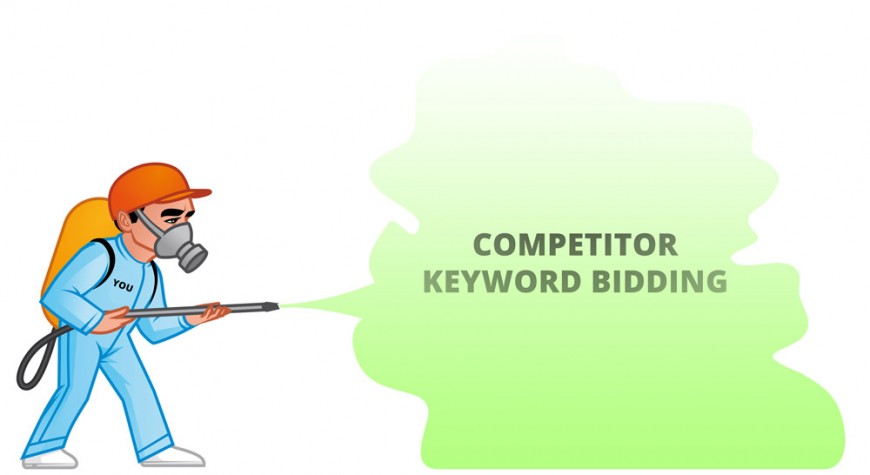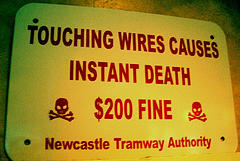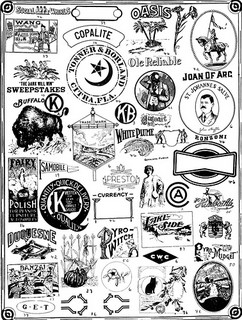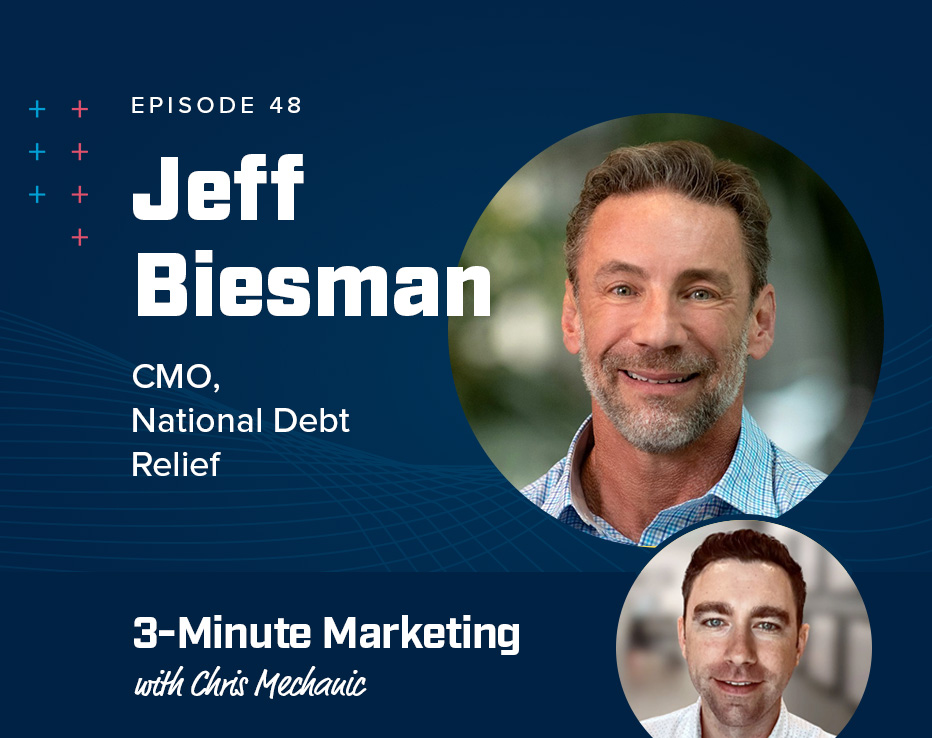
Keyword Infringement: Competitor Trademark Bidding in AdWords
Competitor trademark bidding is an age-old tactic that has been used since the dawn of AdWords and other keyword-triggered ad platforms.
It often frustrates trademark owners that another company seems to be profiting from the use of your trademark, but that isn’t necessarily the case. In fact, it’s often not the case.
Campaigns targeting a competitor’s keywords are usually a money-sink where everyone loses, especially the non-trademark owner. There are instances where the high costs of the campaign are outweighed by the expected return, but that’s the exception.
So, in this post we’ll go over some of the most common questions regarding competitor trademark bidding to help you understand what it means for your business.
Aren’t They Stealing My Visitors?

- Branded search terms are often proxies for a product or service (e.g. Kleenex) rather than a search for the specific brand.
- You need to let them slip through your fingers to give them a chance to “steal” a visitor.
If you’re running a branded paid media campaign (and you should) then you should be cleaning up on clicks for your trademarked terms–your clicks are substantially cheaper because your ads should be considered much more relevant. If you think there are still potential leads slipping through your campaign then they’re either not really interested in your brand or your ads are utter rubbish.
By not running a branded campaign, you’re ignoring the opportunities PPC offers and expecting everyone else to do the same. Some may label that as “extortion” from Google or Bing by allowing that to happen, but most agree that it’s simply another cost of a modern day business.
Isn’t It Illegal?

Bidding on and using a trademarked term was a hot button topic in both the legal and advertising industries for a while, but after some cases and studies have trickled out, it’s far less of a legal issue than originally billed.
That doesn’t mean that competitor trademark bidding can’t land you in court. It’s a fact-intensive inquiry that will turn on how the trademark was used. Generally speaking, however, it’s an equally weak tactic in the courtroom as it is in your marketing strategy.
I’ll explain the types of trademark usage and show where the courts have landed on the issue (note, however, that I’m not a lawyer so you can’t rely on this post in a courtroom).
Not Referencing Trademark In Ad
In the recent case involving two “sugar daddy” dating websites, Infostream Group Inc. v. Avid Life Media Inc., 2013 WL 6018030 (C.D. Cal. Nov. 12, 2013), the plaintiff made trademark right claims for two terms that the defendant was bidding on–”WhatsYourPrice.com” and “Seeking Millionaire”. The court promptly dismissed this part of the suit, stating amongst other things that “[plaintiff] cannot plausibly claim that Avid’s mere use of keywords caused any consumer confusion.”
As mentioned before, this sort of case would have been much more up in the air a few years back, but now the tide has turned. Companies bringing these types of lawsuits are doing little more than incurring large legal expenses.
Referencing Trademark In Ad
This is a bit less straightforward. For starters, some countries have legislation preventing this (you can learn more in Google’s guidelines here).
Sticking with the US, however, courts are not always siding with the plaintiff. In General Steel Domestic Sales, LLC v. Chumley, 2013 WL 1900562 (D. Colo. May 7, 2013), a competitor referenced the trademark in a Google ad in a non-comparative way. Despite this, however, the court found that there wasn’t enough evidence to cause consumer confusion. So even having these very favorable facts wasn’t enough to prevent the suit from being defeated.
There are instances where plaintiffs have won (Binder v. Disability Group) or gotten an injunction (CJ Products LLC v. Snuggly Plushez LLC), but recent rulings generally aren’t favorable to plaintiffs.
How To Own Your Trademark

eBay may disagree with the strategy of bidding on your own trademarks (and you can read their hotly debated study here), however, we’ve had tremendous success with bidding on our own trademarks. eBay’s qualms with the effectiveness of branded or trademarked keywords most likely has to do with a few factors unique to their (gigantic) brand:
- Strong brand recognition
- Use of other advertising mediums
- Strong SEO capabilities
- Poor PPC management
So, while eBay may not notice a big hit when stopping their branded ads, the decision to run branded ads for a small to medium business could have a far more drastic impact.
If you find that your competitor is using your trademark in the copy of their ad, however, you have a bit more recourse. Check out Google’s page for trademark owners, where you can file a complaint to restrict the use of your trademark in AdWords.
Conclusion
The solution to competitor trademark bidding is pretty simple: bid on your trademarks but don’t bid on another organization’s trademarks. There are exceptions to this, such as highly targeted campaigns intended to capitalize on a mass exodus from a competitor’s product or service.
Overall the answer we give our clients is to stay away from your competitor’s trademarks and make the most of your own.
If you’re interested in other ways to waste your ad spend, however, here are a few ideas:
- Bid exclusively on broad match keywords
- Never review your search query report
- Click on your own ads
For more information on the topic, Eric Goldman, who has a column at Forbes and a regularly updated blog. He has written extensively on the topic.
photo credit: pasukaru76 via photopin cc
photo credit: jurvetson via photopin cc
photo credit: Double–M via photopin cc
Most newsletters suck...
So while we technically have to call this a daily newsletter so people know what it is, it's anything but.
You won't find any 'industry standards' or 'guru best practices' here - only the real stuff that actually moves the needle.






